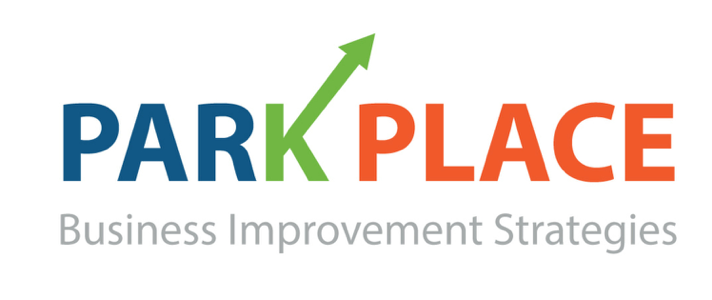Managing Cash Flow Step 2: Request Payment Sooner
WELCOME TO STEP 2 OF OUR CASH FLOW SERIES…
6 STEPS TO MANAGING CASH FLOW PROBLEMS
1. IDENTIFY THE REAL PROBLEM
2. ASK FOR PAYMENT SOONER RATHER THAN LATER
3. INVOICE MORE ACCURATELY, EARLIER AND/OR MORE OFTEN
4. MAKE IT FAST AND EASY FOR YOUR CLIENT TO PAY
5. COLLECT ON YOUR INVOICES
6. STAGGER YOUR MAJOR EXPENSES
2. ASK FOR PAYMENT SOONER RATHER THAN LATER
Questions to ask:
Can you require payment at the time of service?
Can you collect a retainer for your services?
Can you group services together in a ‘package’ that provides some benefit to the consumer for pre-payment?
Are you asking for payment before, at the time of or after you provide your services? Cash flow is very significantly impacted by the length of time that elapses between when you perform the service and when you receive payment for it. The shorter that interval, the better. So, in your business, how can you keep that time as short as possible?
The very obvious answer to this is to get a retainer upfront. That way you can be paid immediately upon completing the project or even at certain milestones in the project.
You could also have the client come into the office at the end of the project for a wrap up session. During that office visit, the client should be presented with the invoice as part of the documents they will be reviewing and payment should be requested at that time.
In all cases of payment, if you are not comfortable asking for the money, do what the doctors do – send them to the front desk to make the payment. Just make sure that a receipt is given.
Julie Jones of the NKY Bar Association occasionally receives complaints related to the financial side of the agreement between an Attorney and their client. Clients have mentioned being confused about how their money was spent, why their retainer was depleted so quickly, and why they were not provided with a detailed receipt. Julie's suggestion for every Attorney, as well as anyone who collects payment throughout the time of service, is to consistently keep their clients informed about the complexity of the work being done on their behalf.
Free Consultation
No matter what challenges your business is facing, or will face in the future, we are always here to help with a free 1-hour consultation on a business topic of your choice.
CASH FLOW BEST PRACTICES
Revisit pricing twice a year
Implement a strong marketing plan to bring in the right clients
Ask for & collect payment as close to the time the service is performed as possible
Secure a retainer when appropriate
Track your time hourly
Compile time weekly, include information about what is ready to be invoiced
Invoice once a week
Make it fast & easy for clients to pay by utilizing appropriate electronic tools
Manage A/R weekly with a simple collections plan
Create an expense payment plan that fits with the ebb and flow of your income

